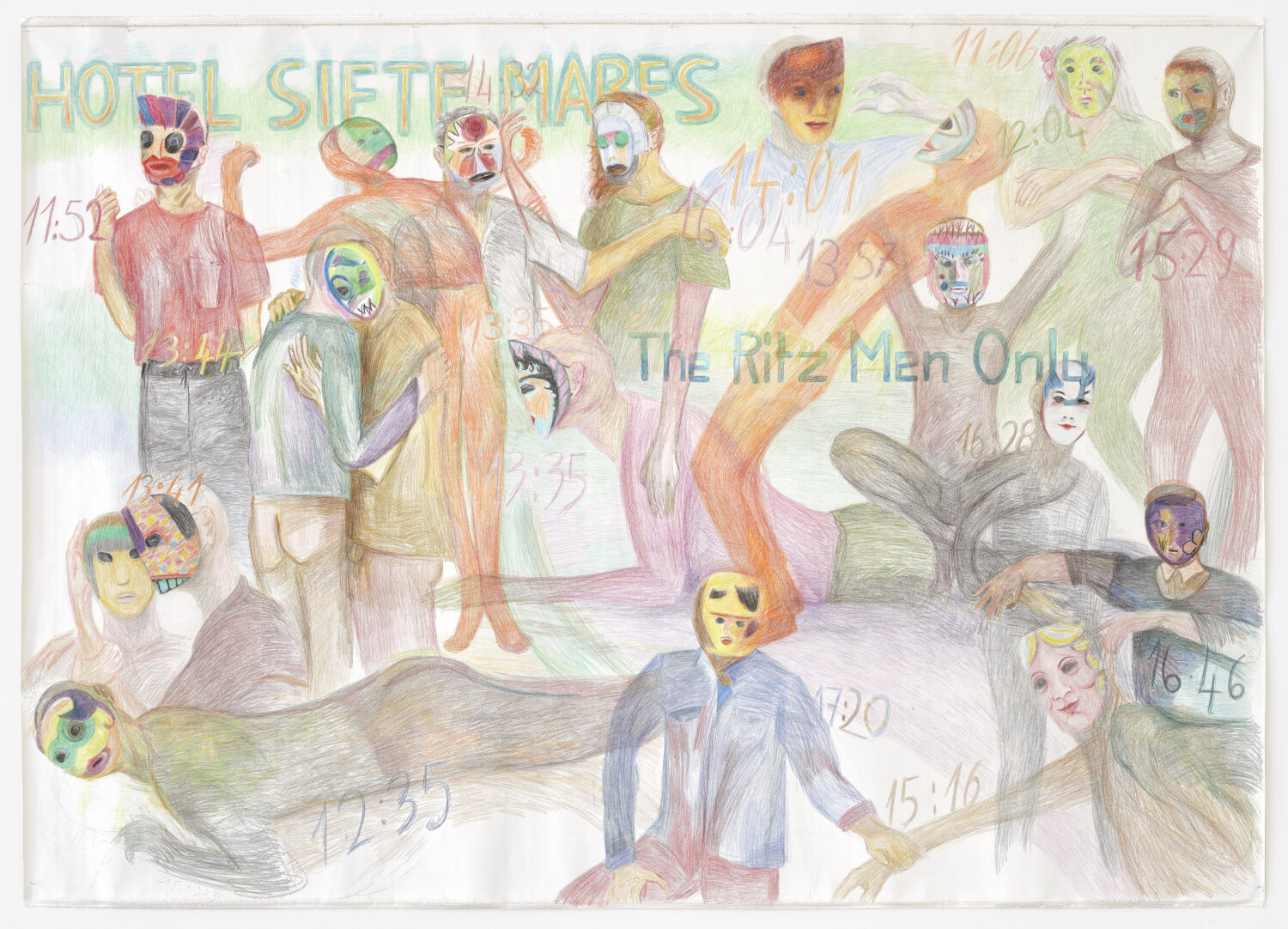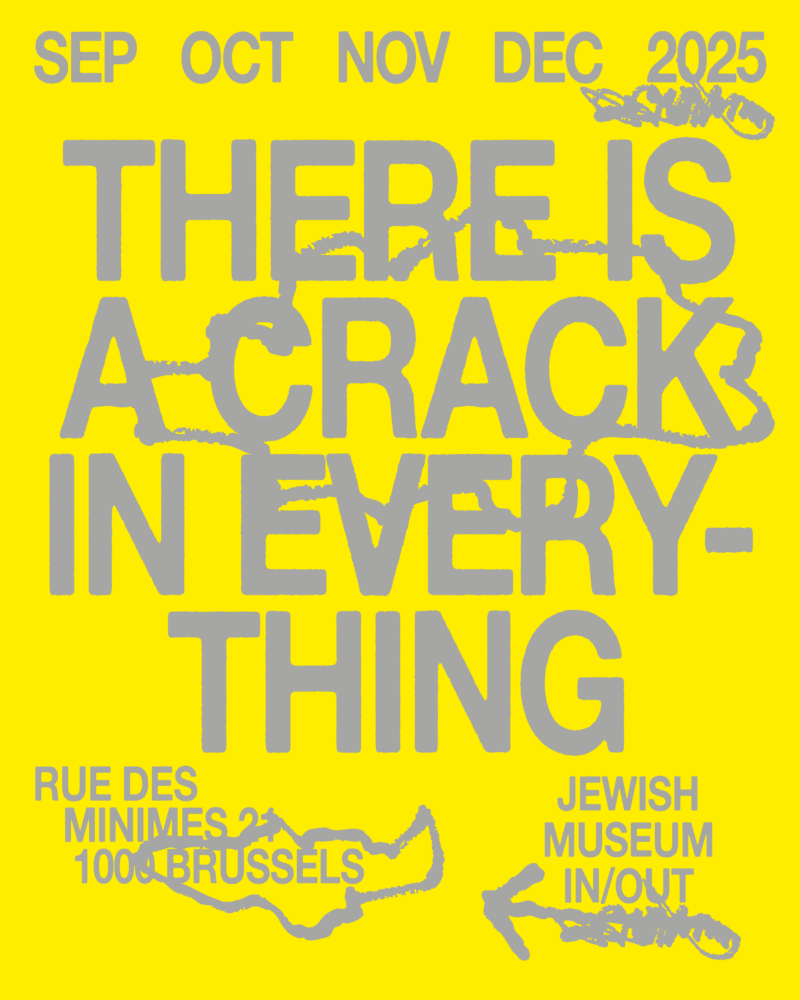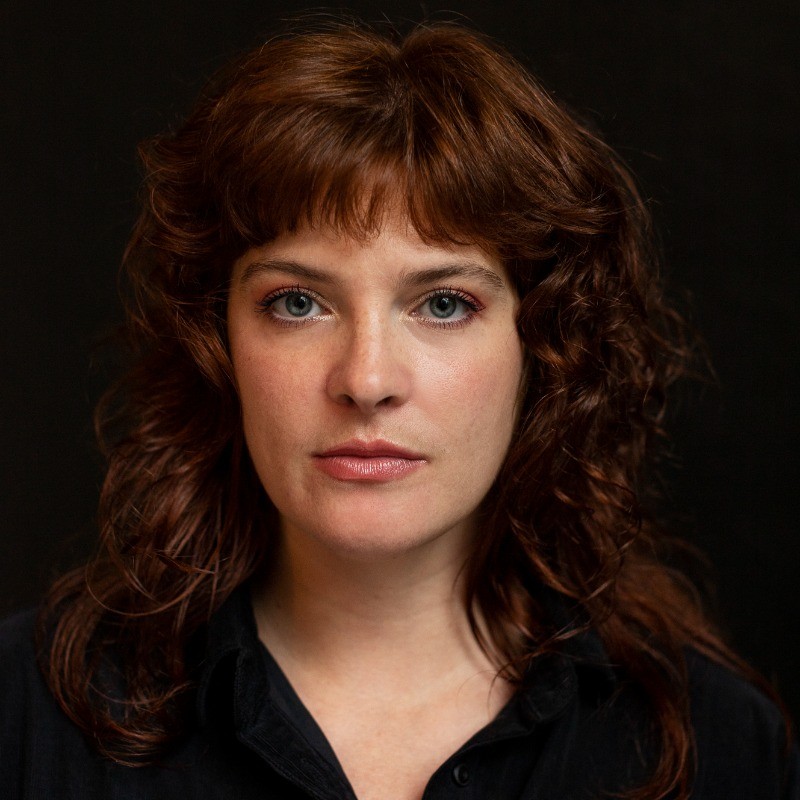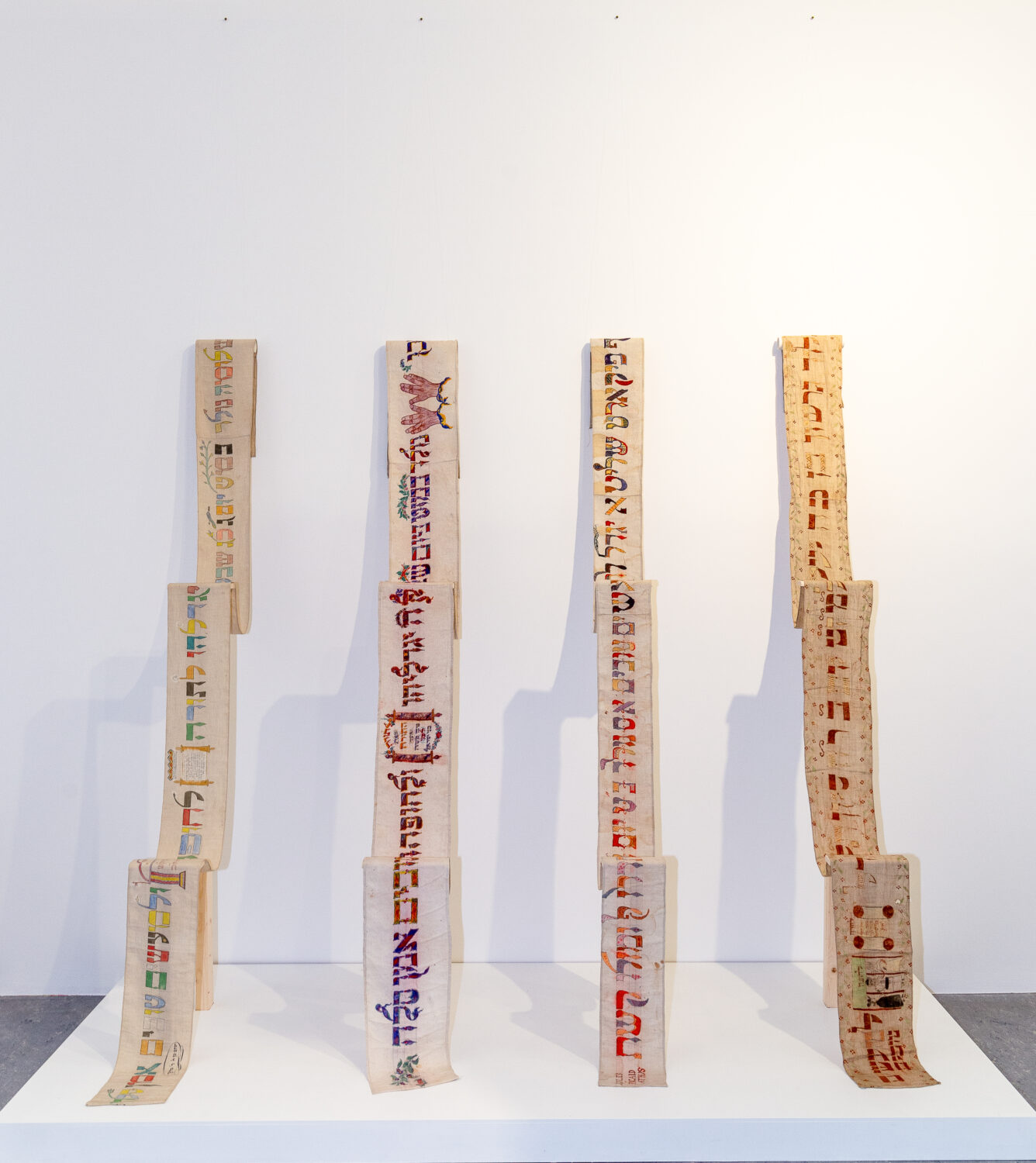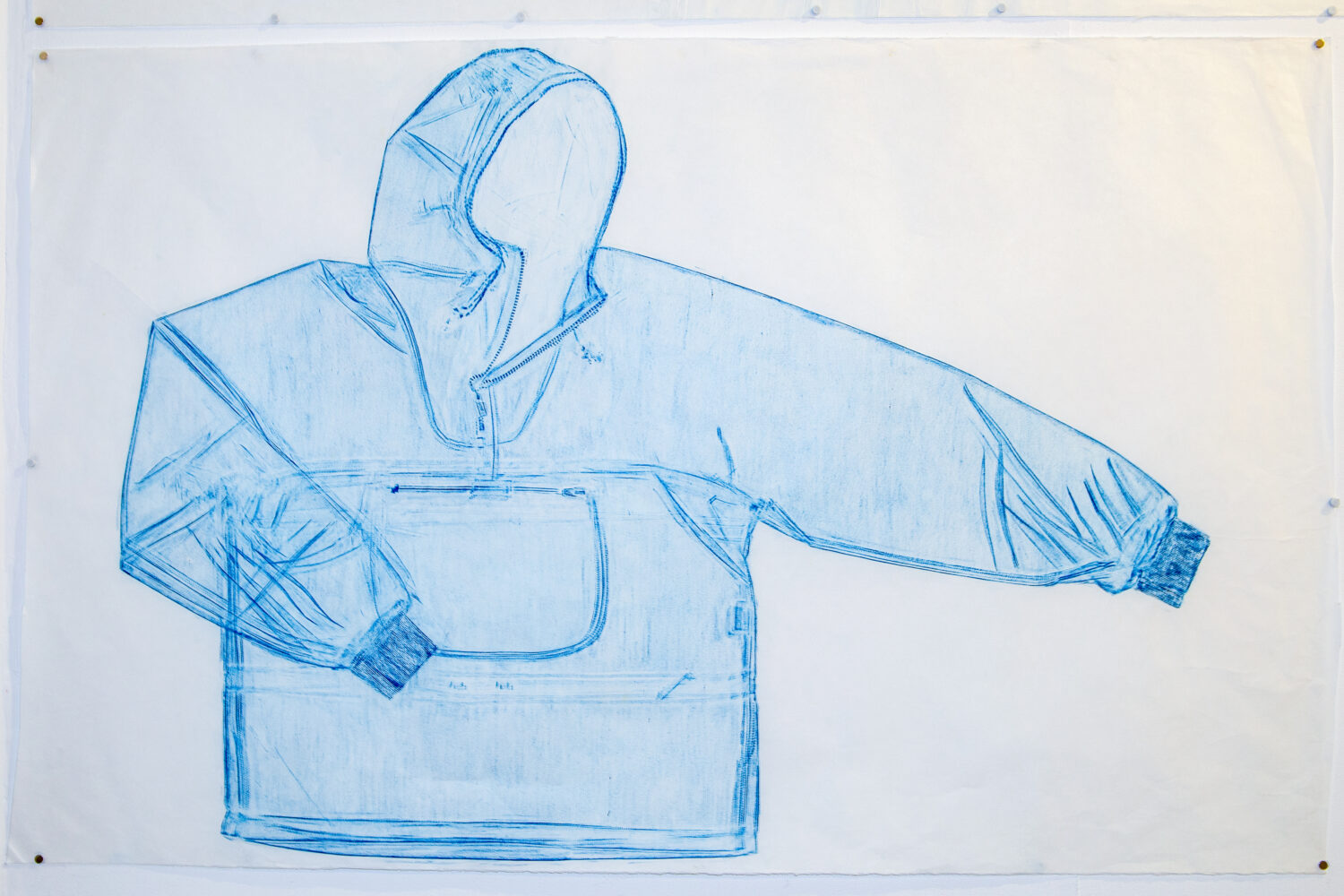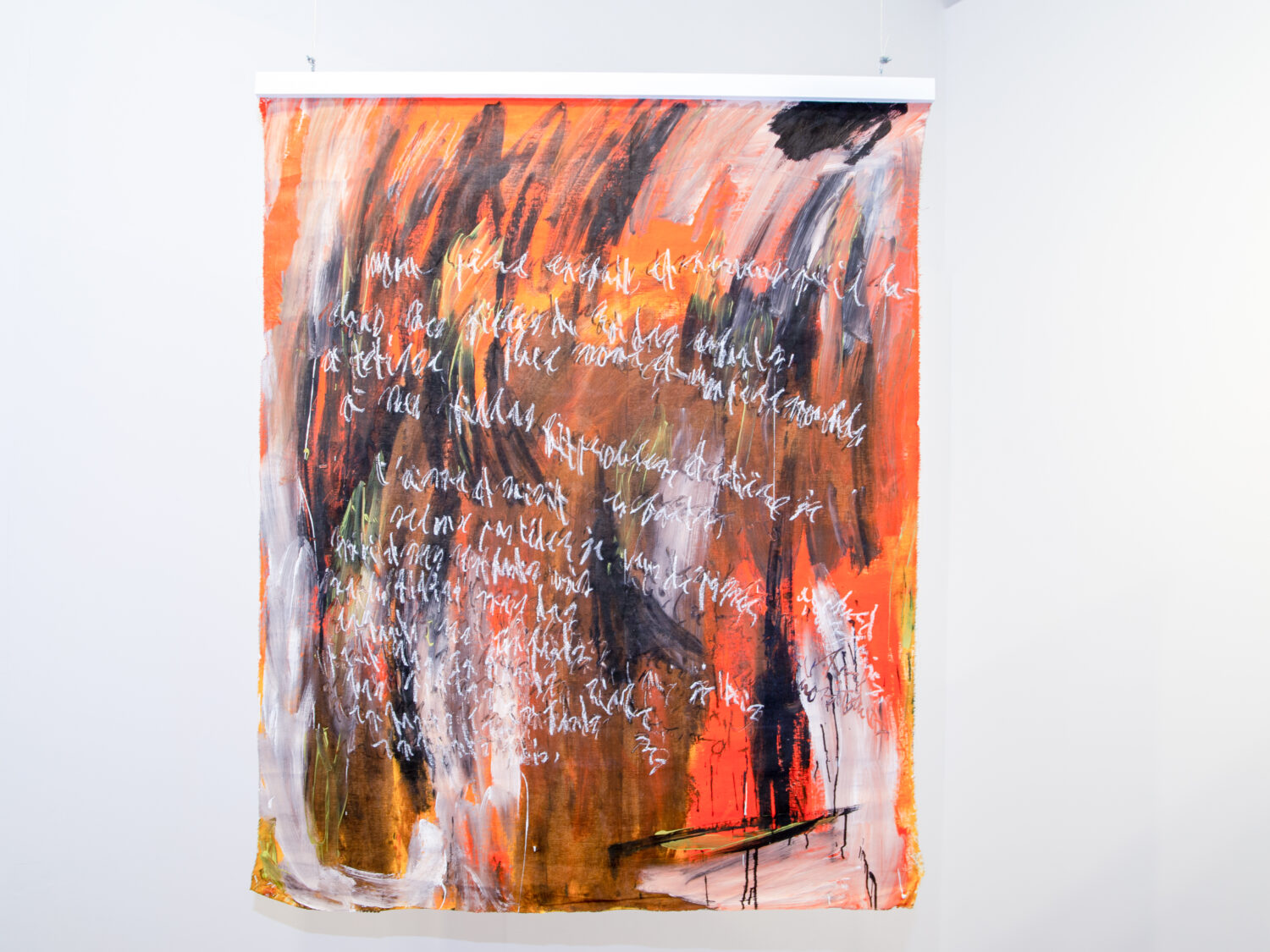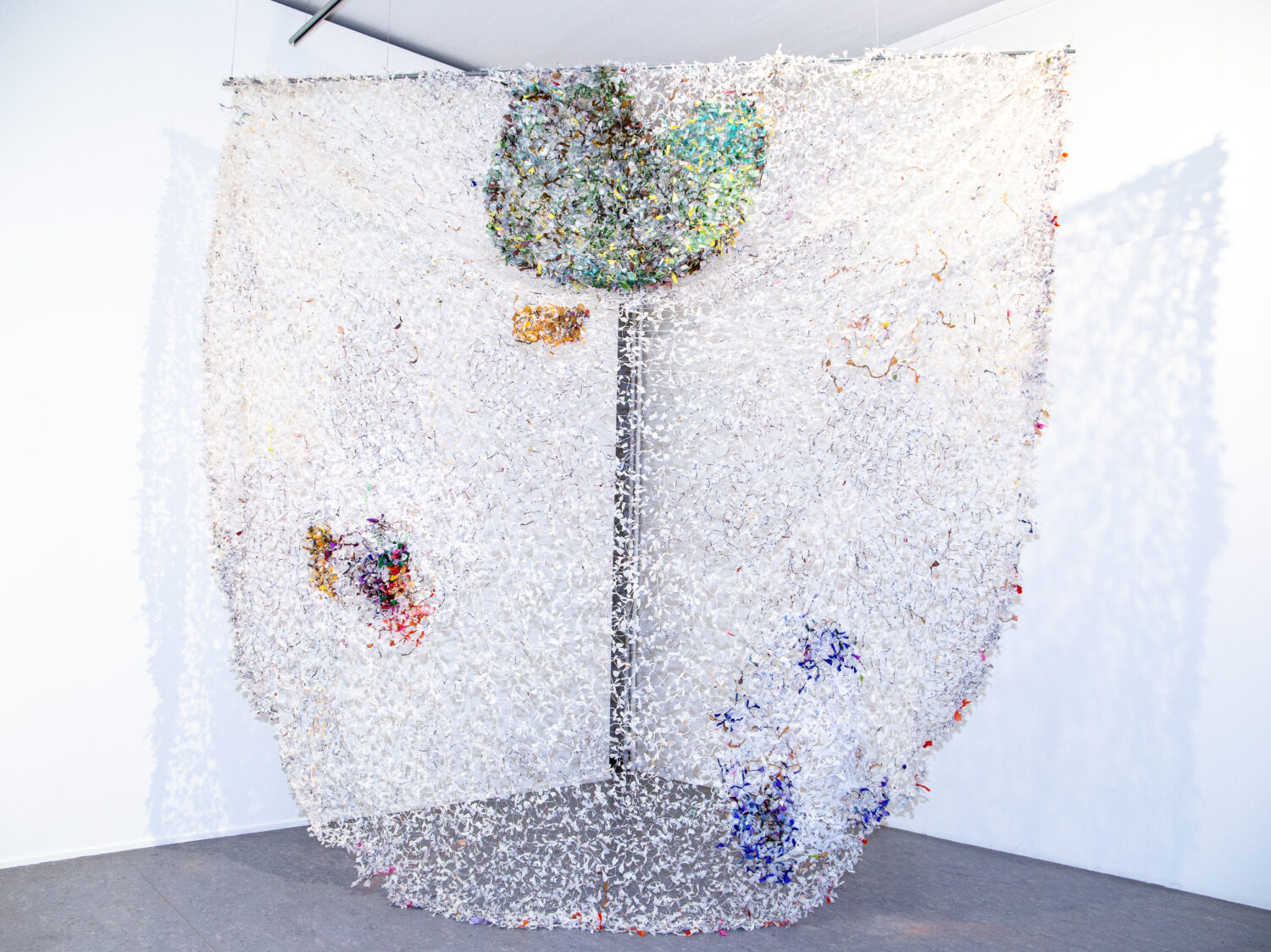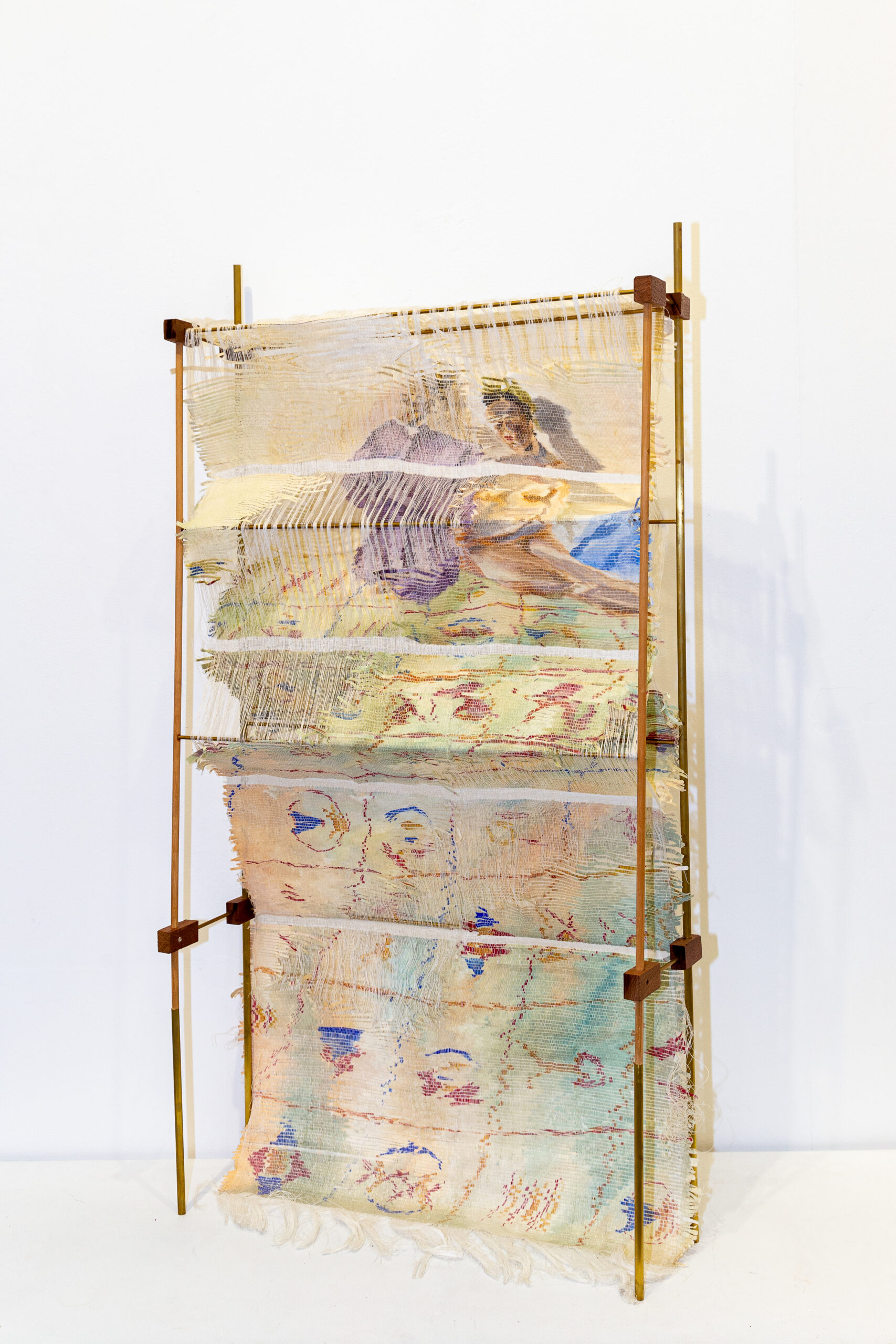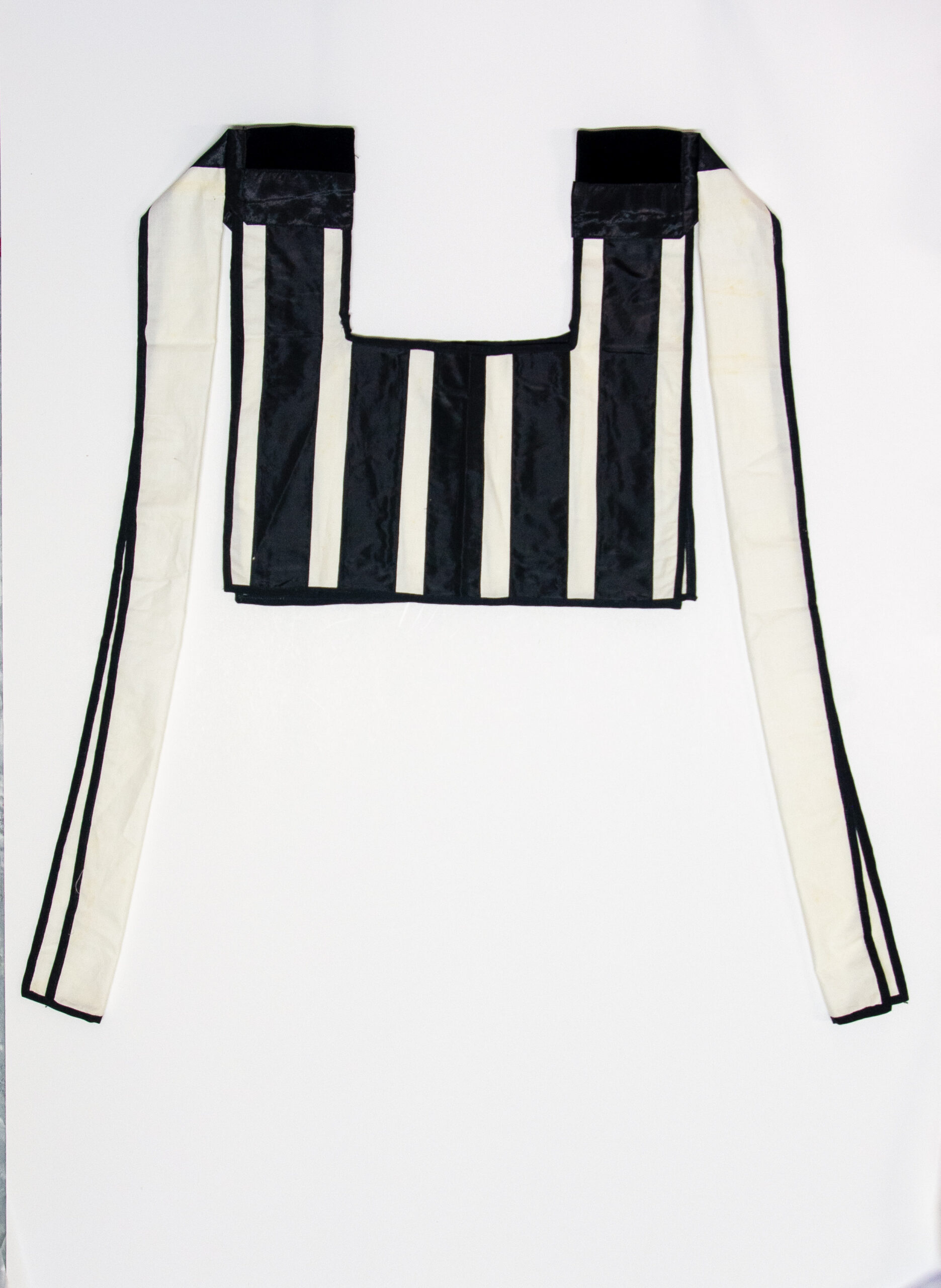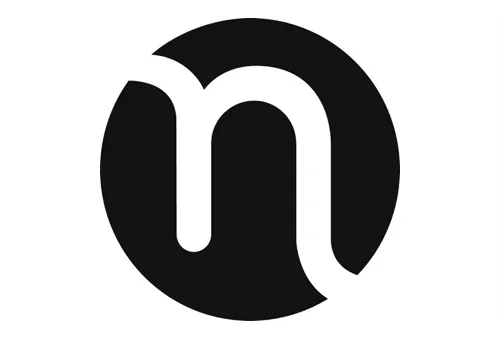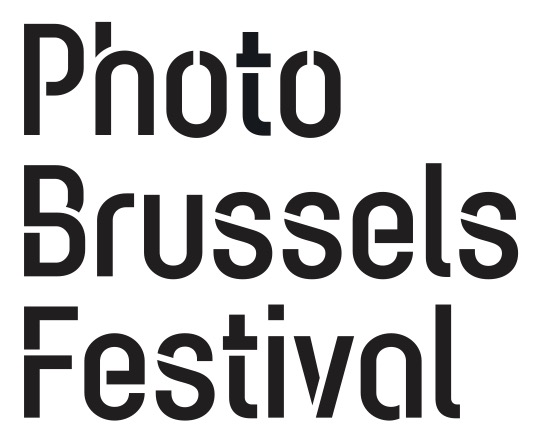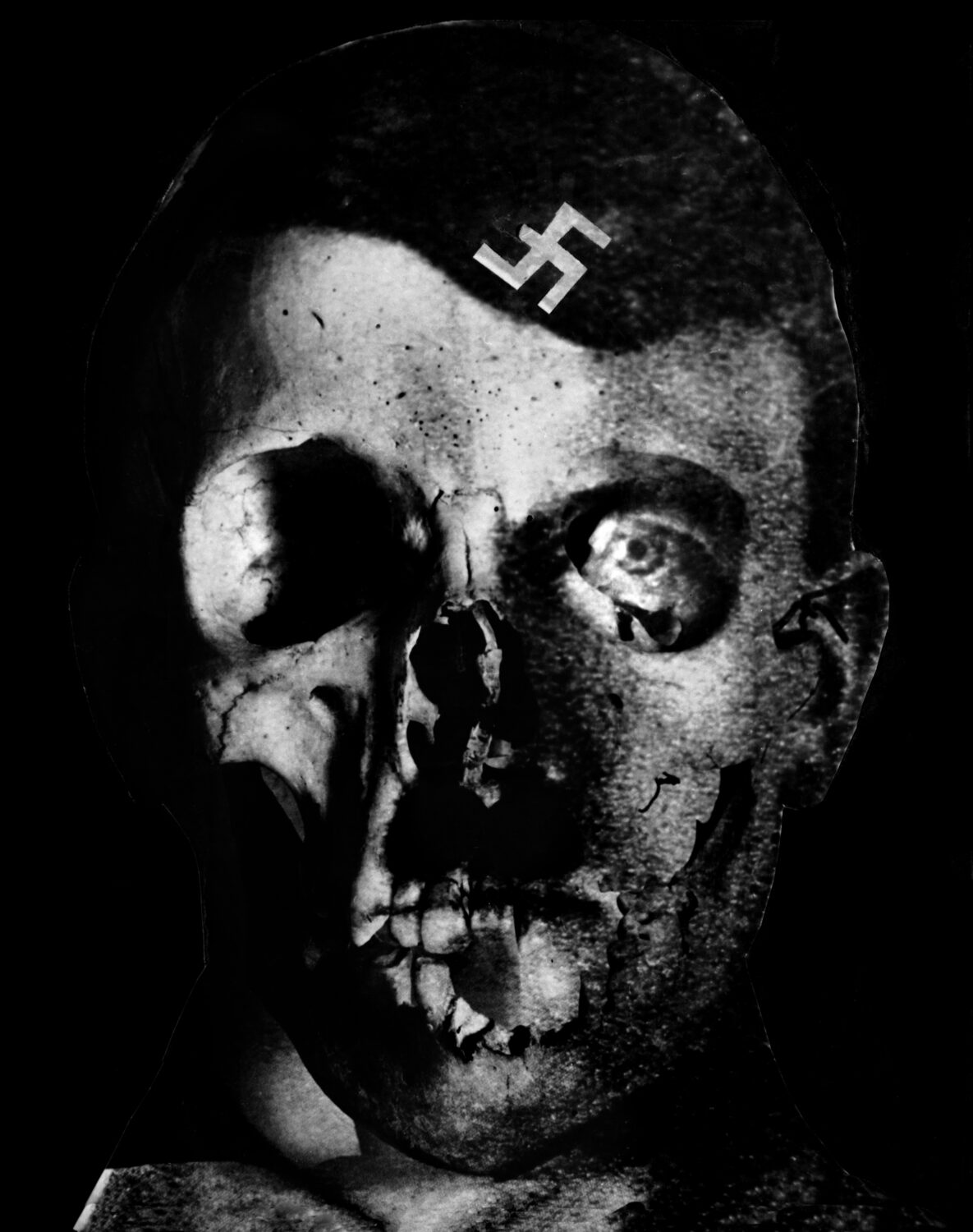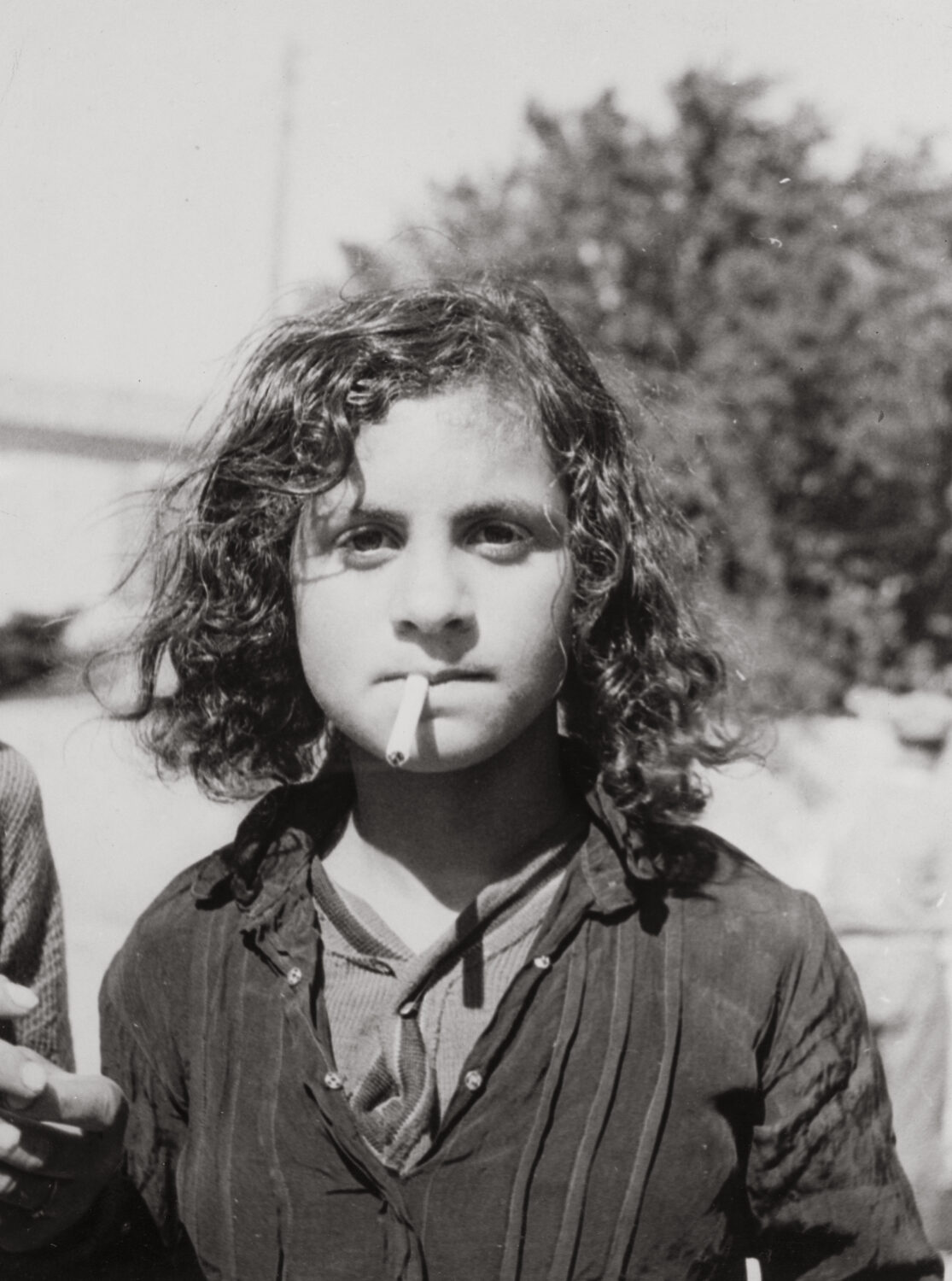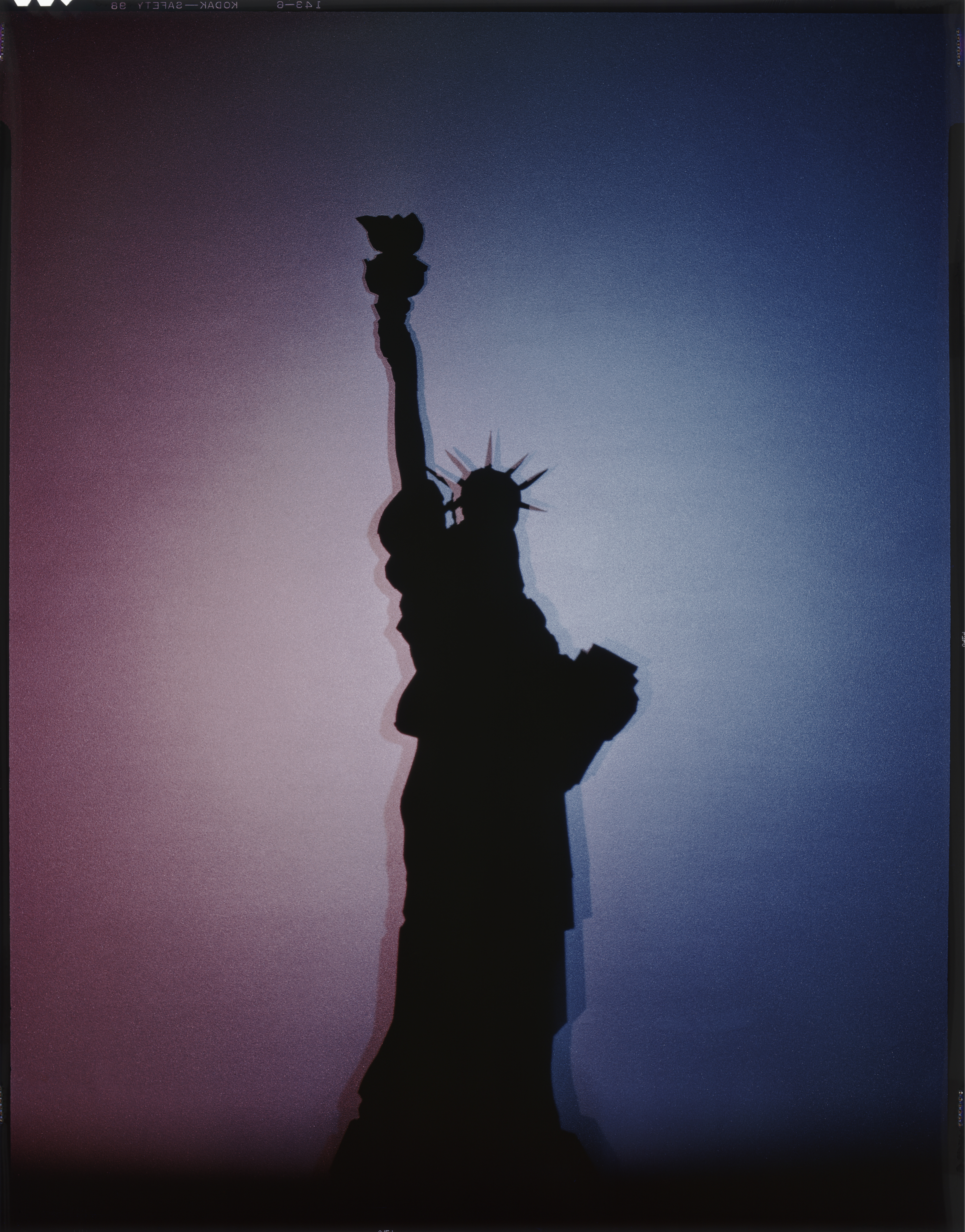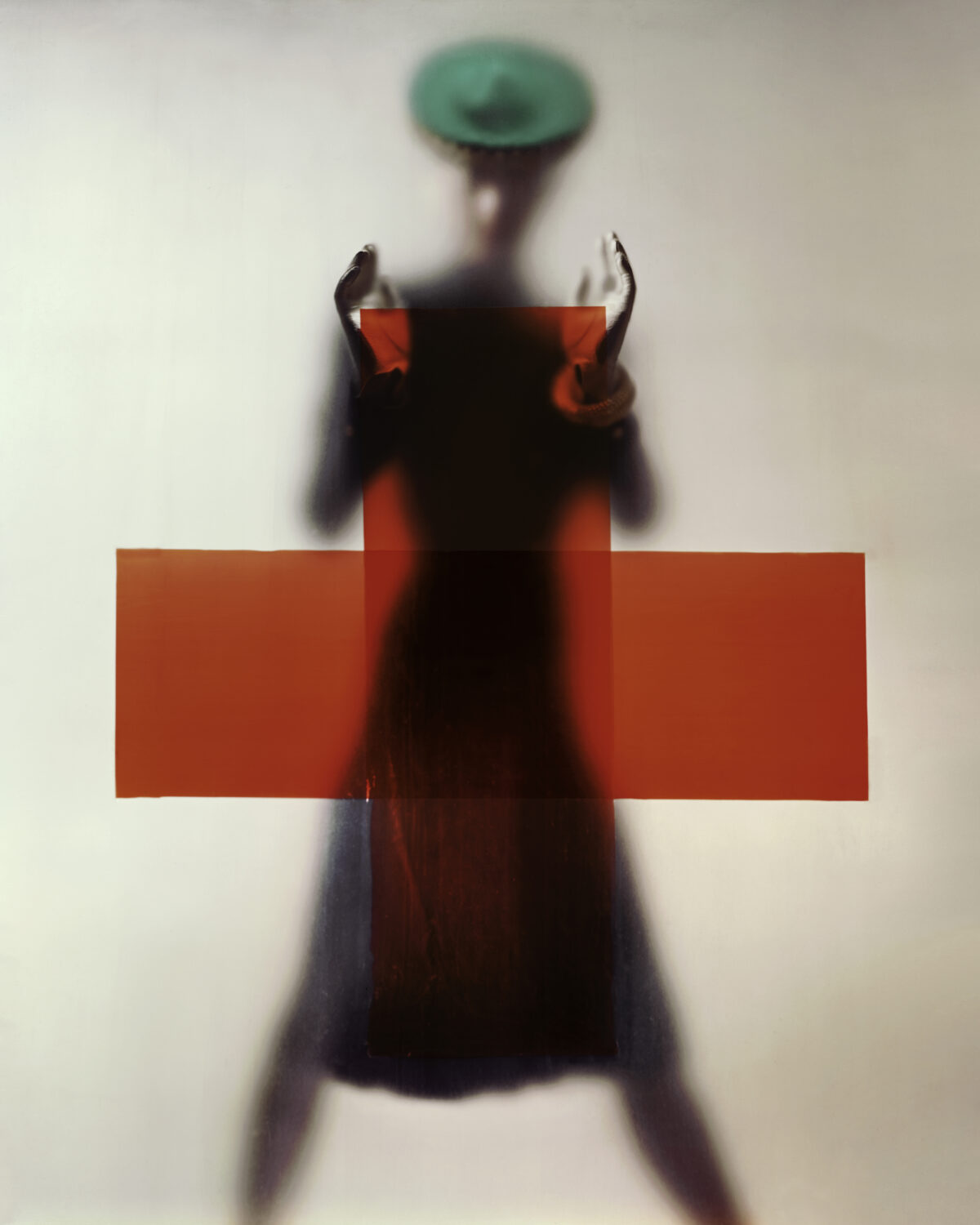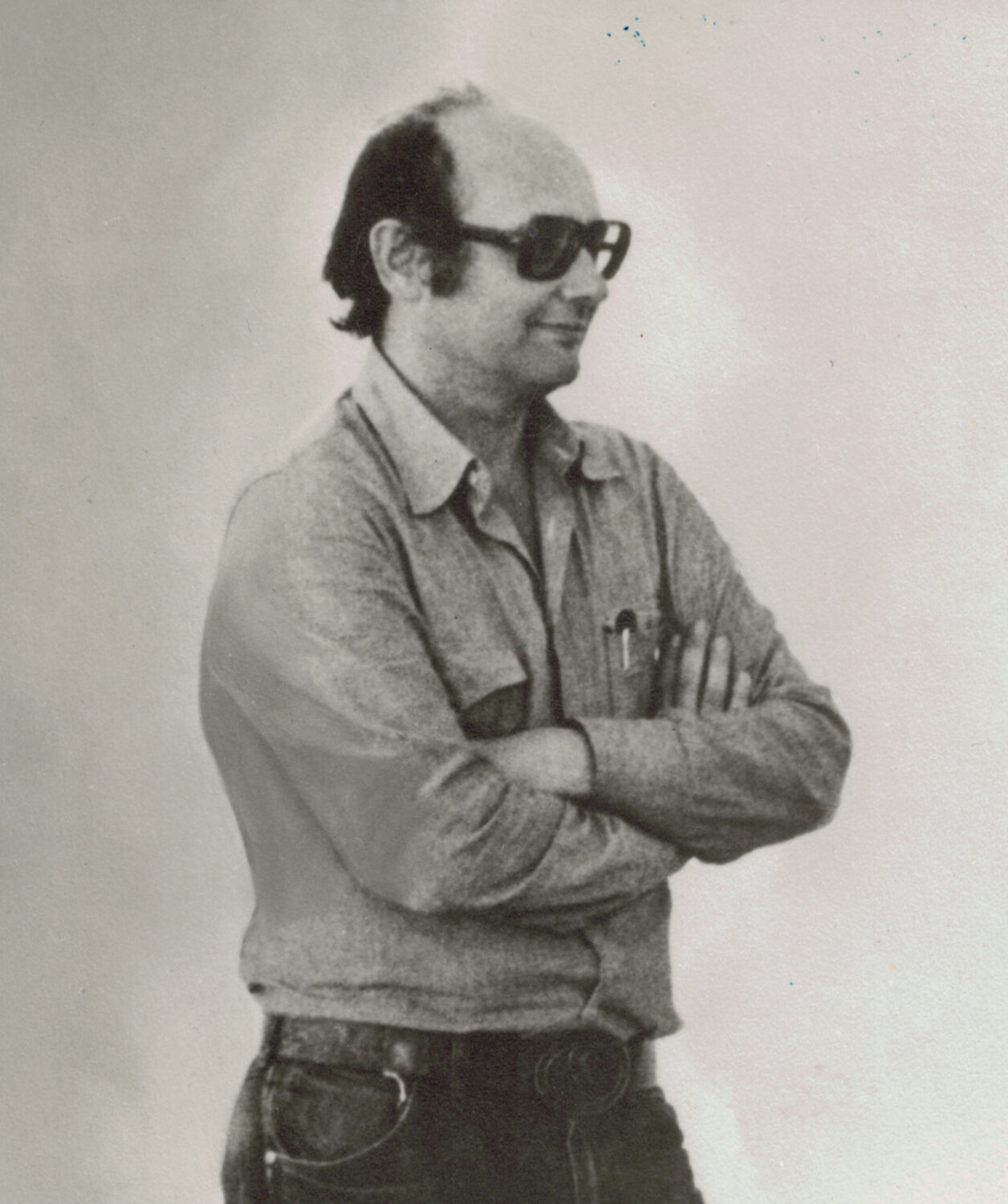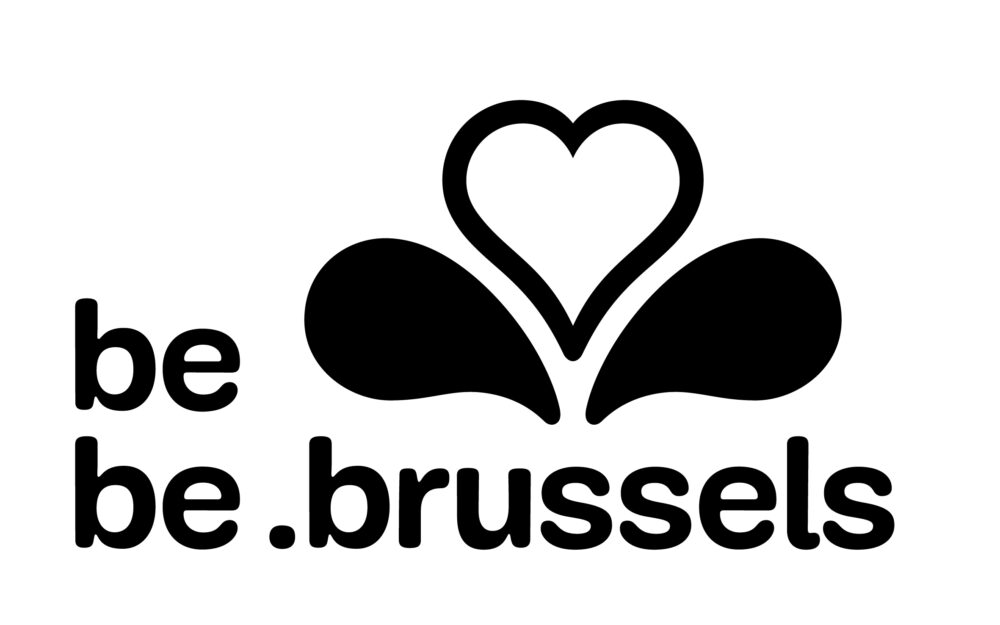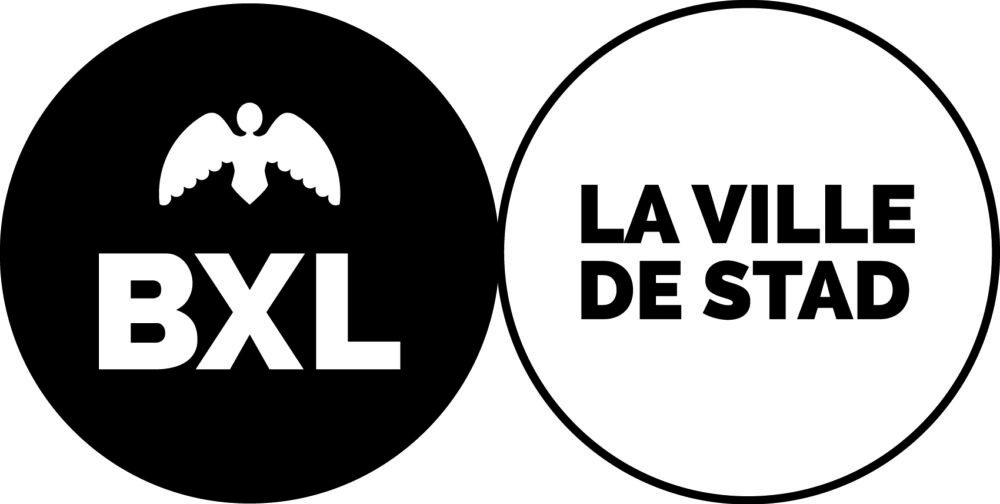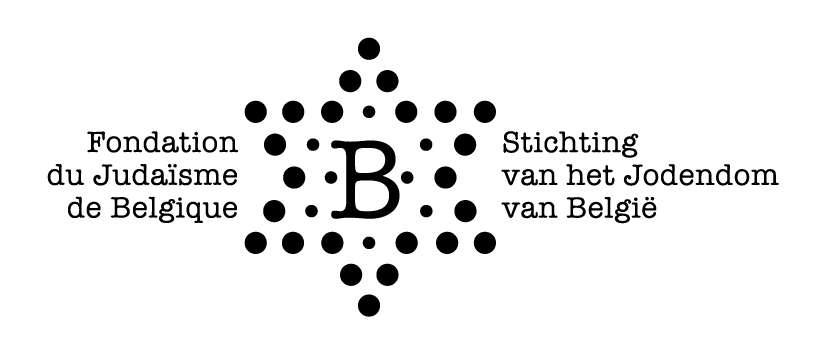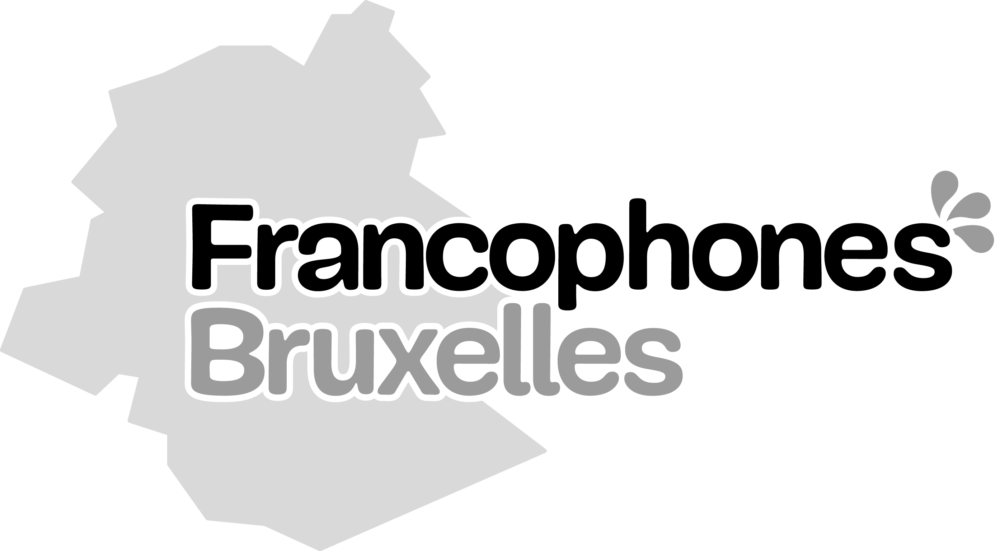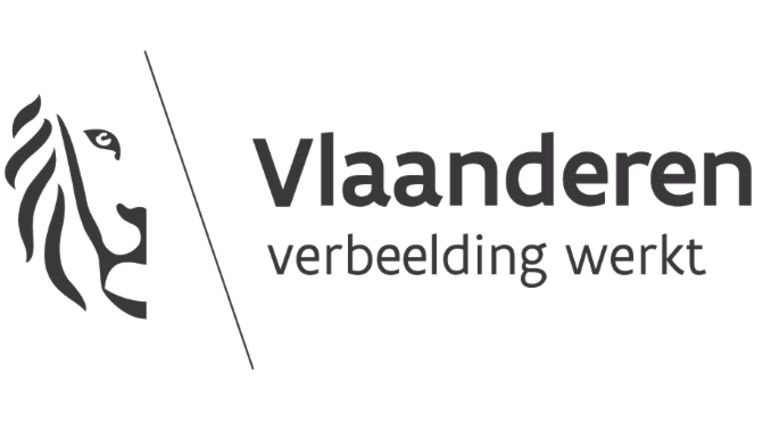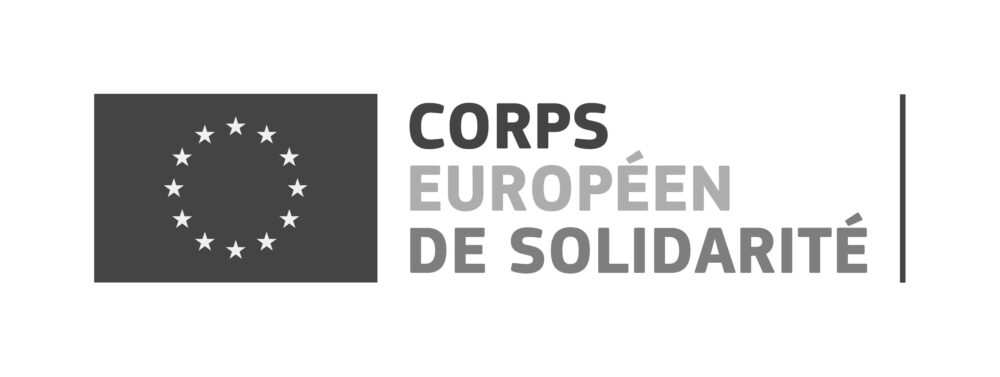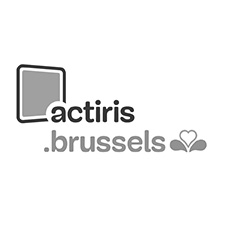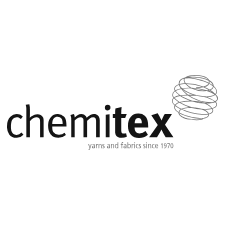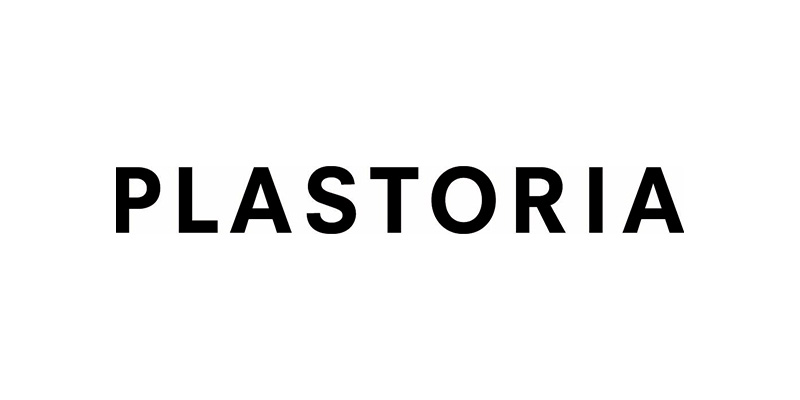There Is a Crack in Everything — 5.09 – 14.12.25
There Is a Crack in Everything brings together more than twenty-five international artists whose practices intertwine emotion and form with questions of belonging, identity, and memory. From visible violence to imposed silences, from damages to life to the vulnerability of surrounding environments, these artists explore the human condition in its tensions as well as its possibilities, transforming these realities into imaginings of resistance, displacement, and reinvention.
A few months before its demolition and complete renovation, the Jewish Museum of Belgium finds itself at a turning point. Its empty rooms become spaces of waiting and transformation, where the exhibition unfolds as a conversation between artists whose works challenge, displace, or reshape ideas about living together. Acting as a palimpsest, the building—at times a private house, a German school, a military prison, a warehouse for musical instruments, and finally a museum—becomes a metaphor for a world in reconfiguration, where the present can never fully escape the past.
Through the sobriety of their materials and installations, the presented artworks highlight the strength of fragile traces and the precision of meticulous gestures that bring meaning and presence. Each room becomes a sensitive laboratory: absence turns into language, and indeterminacy becomes material for creation. The artists offer no ready-made paths, nor immediate consolation, but rather invite us to inhabit difference with lucidity and care. The exhibition asserts that fragility is not a deficiency but a resource, reflecting the shared condition of all cultural institutions today.
The title of the exhibition, borrowed from Leonard Cohen—There’s a crack in everything, that’s how the light gets in—reminds us that every fracture carries within it both destruction and light: it suggests new ways of being in the world and relating to what surrounds us.
***
A project of the Jewish Museum In/Out, led by its director Barbara Cuglietta, in collaboration with guest curator Martin Germann.
With Aaron Amar Bhamra, Adrien Vescovi, Akane Saijo, Alma Feldhandler, Ari Benjamin Meyers, Christiane Blattmann, Edith Dekyndt, Ethan Assouline, Gustav Metzger, Jean Katambayi Mukendi, Jochen Lempert, John Giorno, Kanitha Tith, Marianne Berenhaut, Mariko Matsushita, Michael Van den Abeele, Mira Mann, Mire Lee, mountaincutters, Oototol, Pélagie Gbaguidi, Prinz Gholam, Raha Raissnia, Richard Moszkowicz, Stéphane Mandelbaum, Wei Libo, Yalda Afsah, Yuyan Wang.
With the support of the Wallonia-Brussels Federation, the City of Brussels, the Brussels-Capital Region, the COCOF, the National Lottery and the Casa de Velázquez.
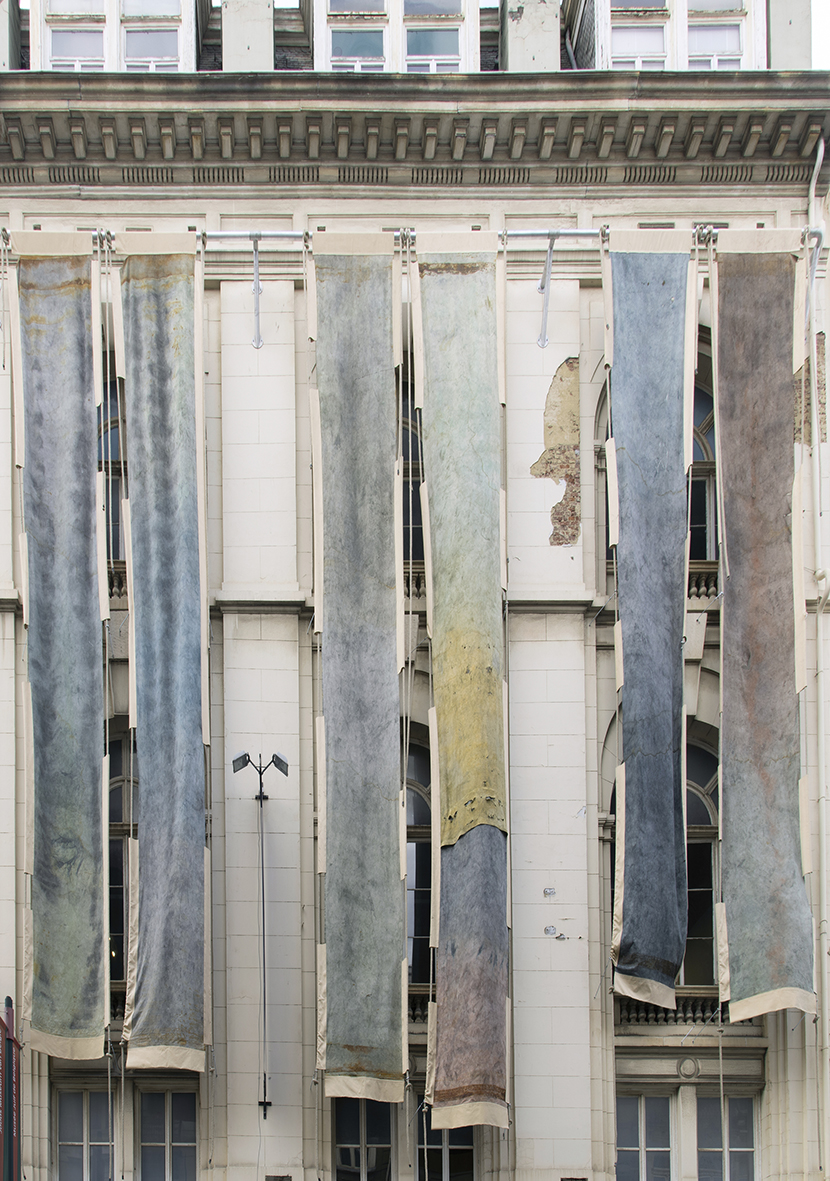
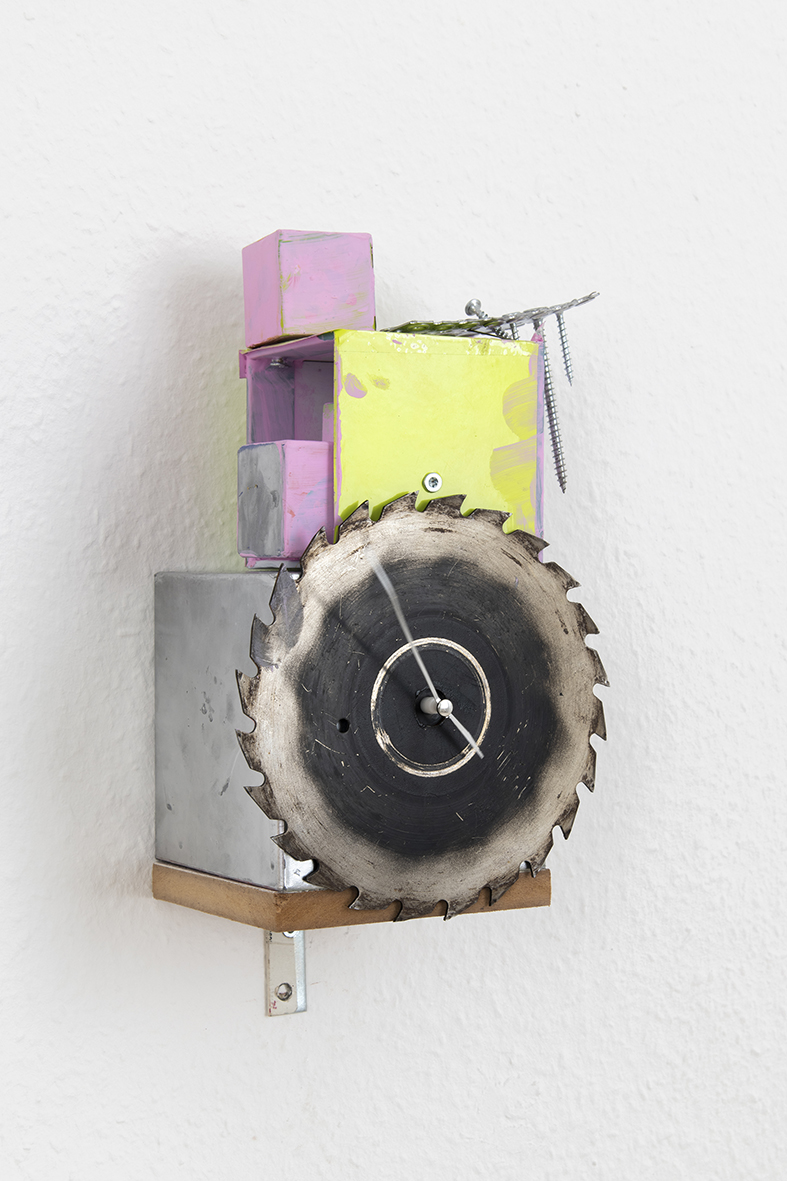
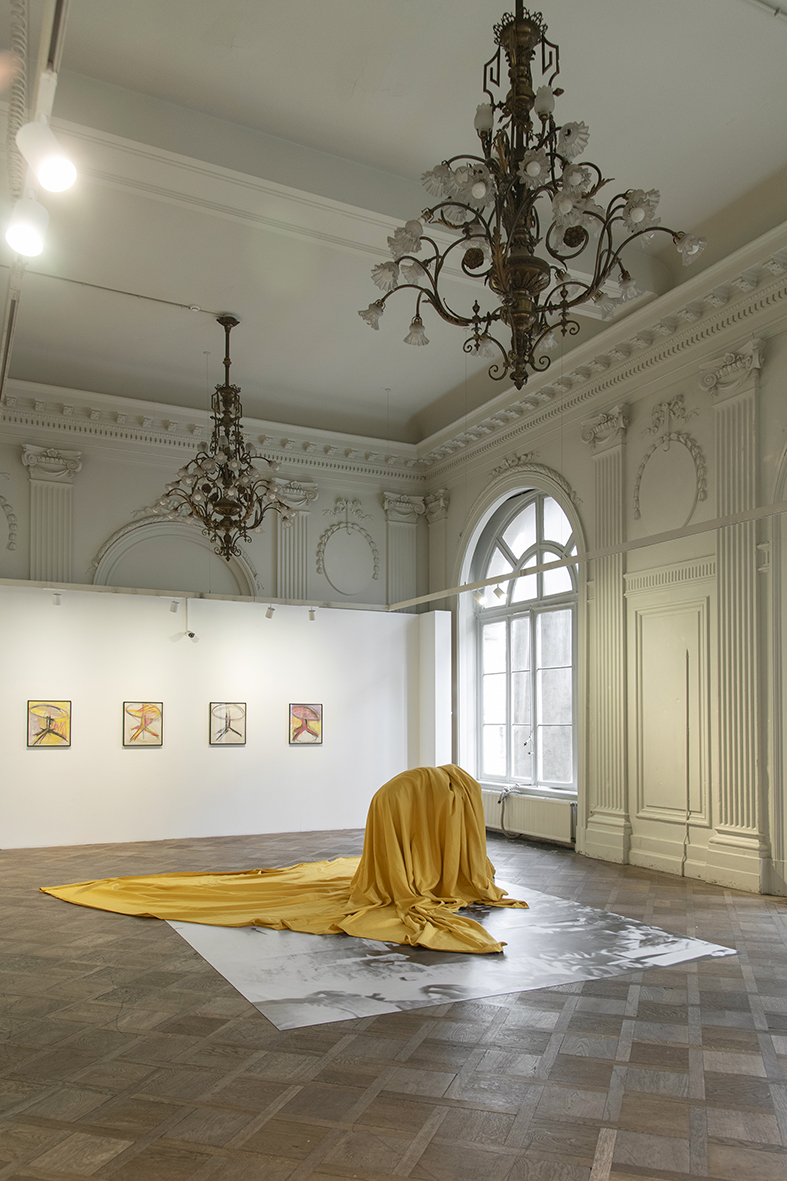
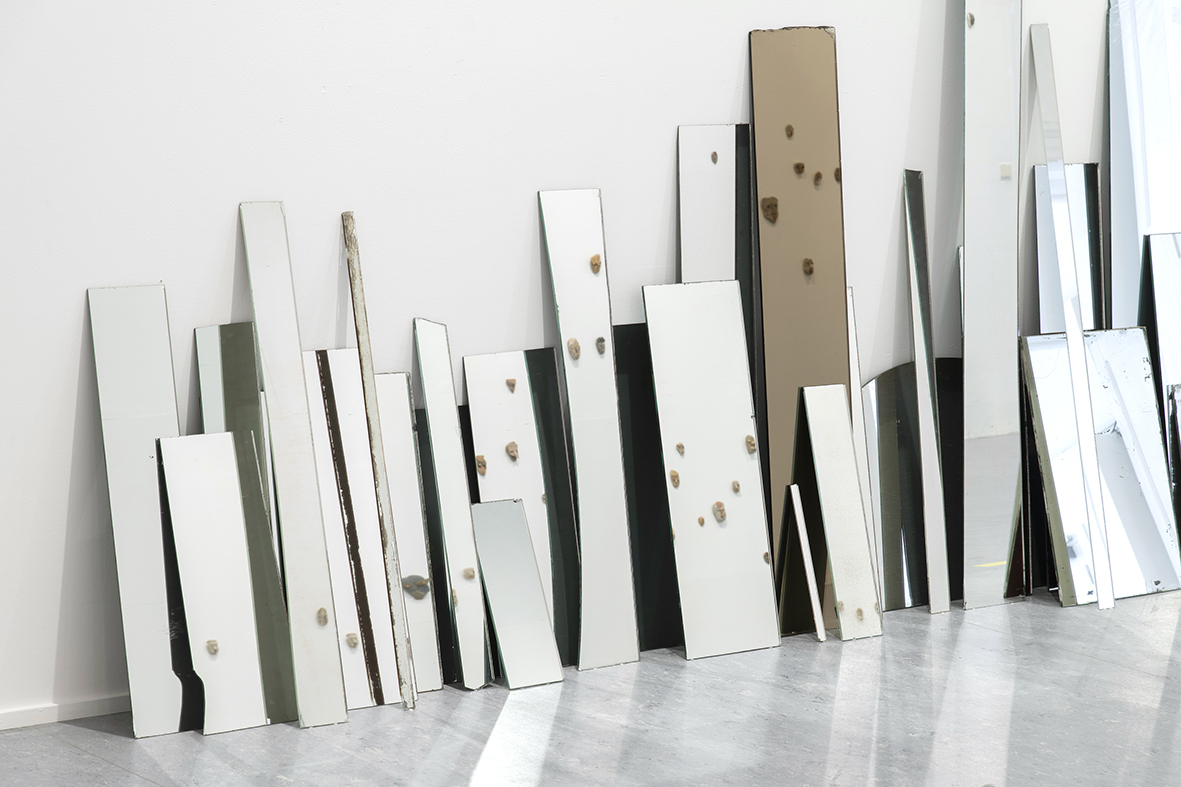
Isabelle Arthuis
